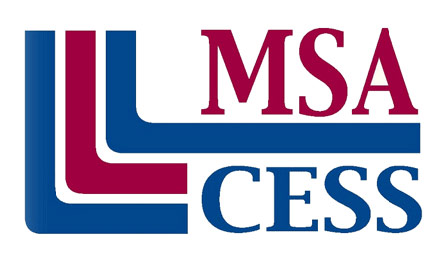In June we had an early childhood specialist come to observe in our school. Although she had observed in hundreds of preschool classrooms, this was the first time she had been in a Montessori school. After observing, she remarked to me how amazed she was by the children’s ability to problem-solve and work through disagreements without much or any input or prompting from the teachers. This was something that in all of her years in traditional preschool education she had never seen on this scale. She saw a classroom full of 3-6 year old children cooperating, helping each other, sharing, taking turns, and genuinely caring for the feelings of their classmates.
- The Montessori culture curriculum promotes respect and admiration for people who are different than ourselves.
- Children are taught how to be peaceful through peace education.
- Children are taught to respect nature, others, and the self.
- Conflict resolution is modeled early and often.
- Children are respected as individuals with individual needs and feelings. Because they are not taught in a “herd” they gain respect for themselves and know that their feelings do matter, as do the feelings of others.
- Expectations are clear and consistent.
- Routines are established and maintained providing a sense of security for the children.
- resolves peer problems on his/her own
- is very good at understanding other people’s feelings
- shares materials with others
- cooperates with peers without prompting
- is helpful to others
- listens to others’ point of view
- can give suggestions and opinions without being bossy
- acts friendly towards others



